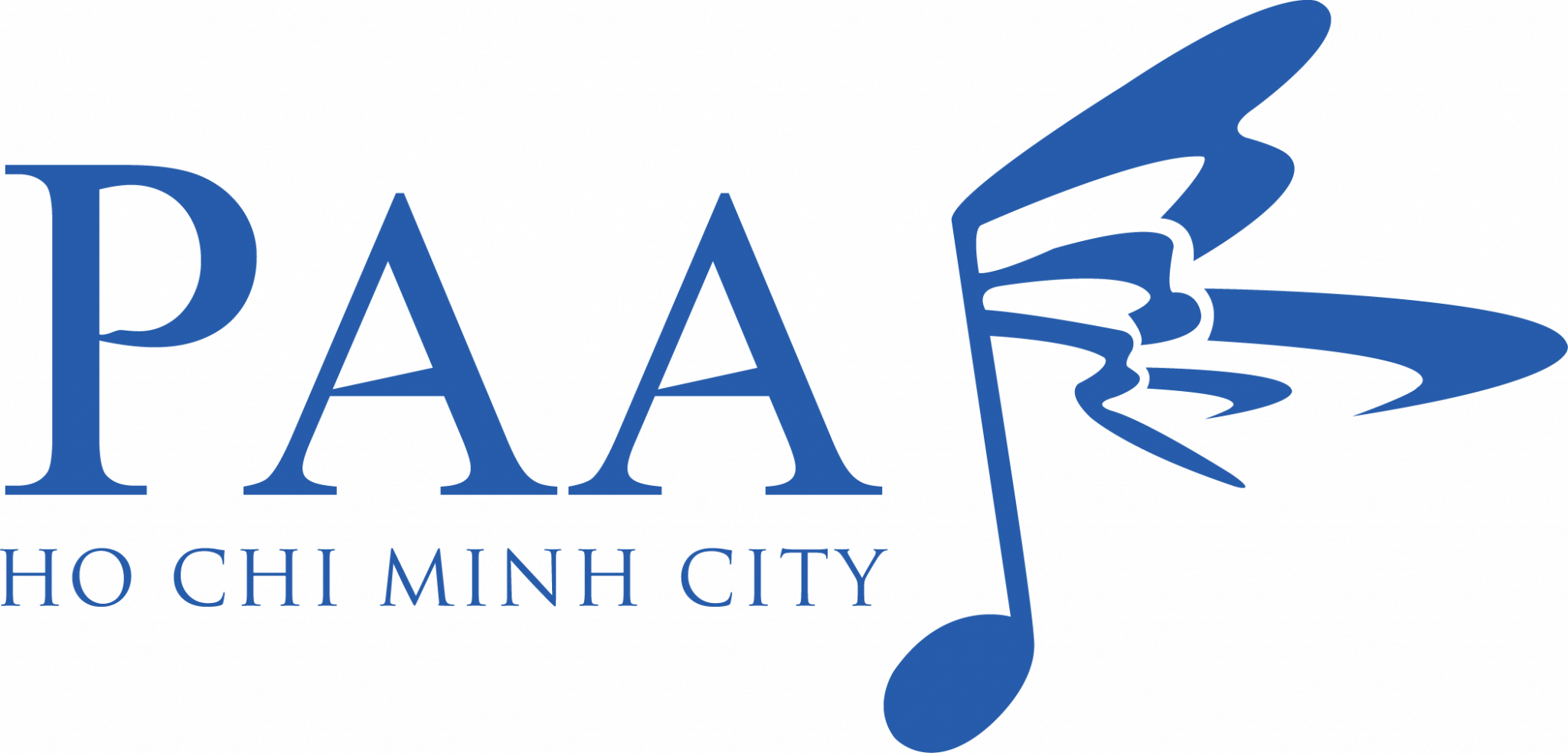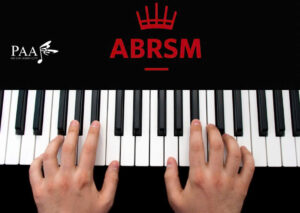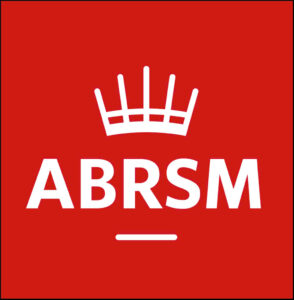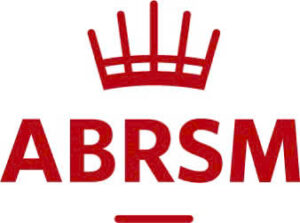What Age Can Children Start Learning Music? Many parents wonder when their child should begin music lessons. Experts suggest early exposure, with structured learning starting as young as 3-5 years old. Instruments like piano, ukulele, and percussion are great for beginners. Early music education boosts cognitive skills, creativity, and confidence.
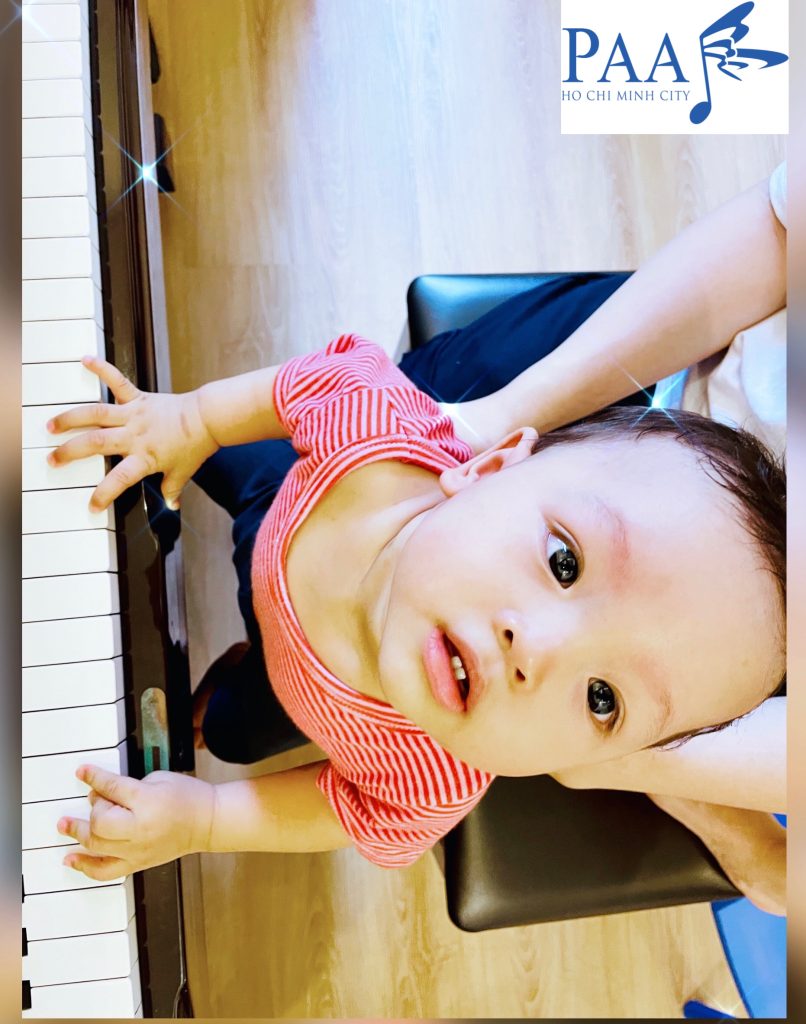
1. What Is the Right Age for Children to Start Learning Music?
Many parents wonder, “What age can children start learning music?” The answer varies depending on the child’s cognitive, motor, and emotional development. However, research suggests that children can be exposed to music from birth, and structured music lessons can begin as early as age 3 to 5. Below is a guideline for different stages of musical development:
- 0 – 2 years old: Babies can listen to music, enjoy lullabies, and respond to rhythms. Parents can sing to them and introduce simple musical toys.
- 3 – 4 years old: This is an ideal age for introducing singing, hand-clapping, and playing simple percussion instruments like maracas or tambourines.
- 5 – 6 years old: Children at this age can begin formal music lessons with instruments like the piano, ukulele, or violin.
- 7+ years old: Children can start learning more complex instruments such as guitar, drums, or wind instruments, along with music theory and sight-reading.
2. How to Know If Your Child Is Ready to Learn Music?
Each child develops at their own pace, but here are some signs that indicate a child is ready for music lessons:
- They show an interest in music and enjoy singing or moving to the beat.
- They can focus on an activity for at least 10-15 minutes.
- They have basic motor skills for playing simple instruments.
- They express curiosity about musical instruments.
If your child exhibits these signs, it may be time to introduce structured music lessons!
3. The Best Musical Instruments for Kids Based on Age
- Under 3 years old: Shakers, tambourines, xylophones, and musical toys.
- 3 – 5 years old: Ukulele, small keyboard, hand drums.
- 5 – 7 years old: Piano, violin, beginner guitar.
- 7+ years old: Drums, flute, saxophone, or other wind instruments.
Choosing the right instrument based on your child’s physical ability and interest will help them stay engaged and motivated.
4. Benefits of Learning Music at an Early Age
Introducing children to music at an early age has numerous benefits, including:
- Cognitive Development: Learning music enhances memory, problem-solving skills, and creativity.
- Improved Communication: Music helps children develop language and social interaction skills.
- Boosted Confidence: Performing music builds self-esteem and encourages self-expression.
- Discipline and Patience: Learning an instrument teaches persistence and concentration.
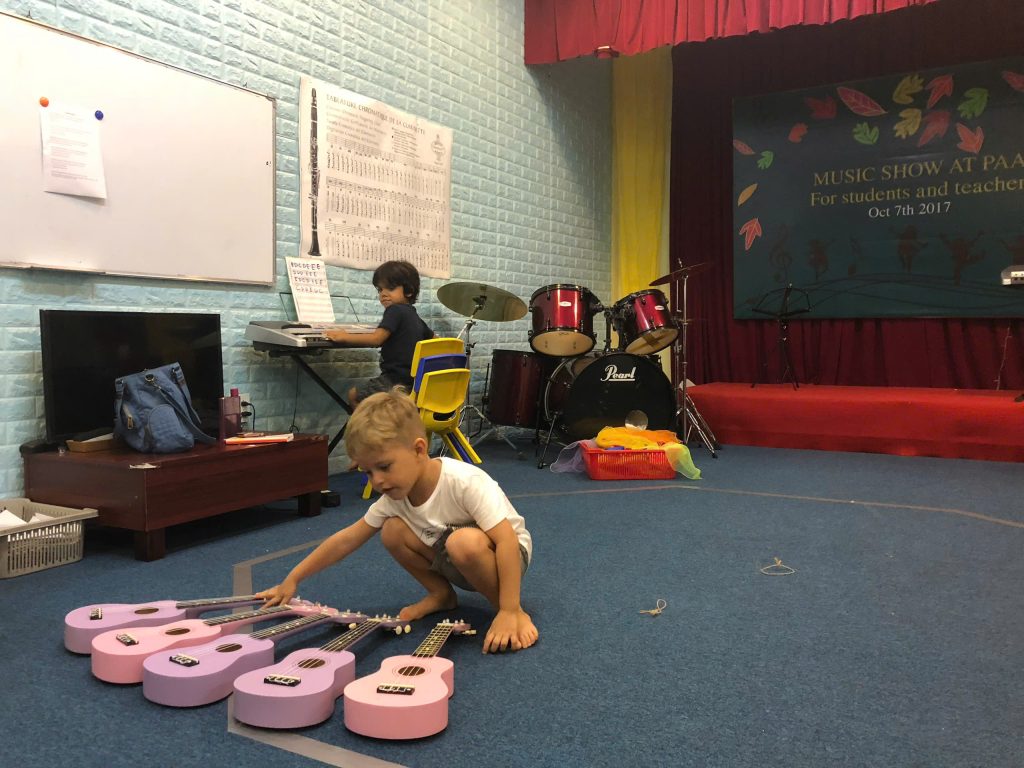
5. How Parents Can Support Their Child’s Musical Journey
- Create a Musical Environment: Play different types of music at home and sing along with your child.
- Choose an Engaging Teacher: Find an experienced music teacher who makes learning fun and interactive.
- Encourage Regular Practice: Make music practice part of your child’s routine, but keep it enjoyable.
- Attend Music Classes Together: Enroll in family music programs or parent-child music sessions.
6. Where Can Children Learn Music?
If you are looking for a high-quality music school for your child, PAA is an excellent option. Located at 15E Ngô Quang Huy, Thảo Điền, Thủ Đức City, Ho Chi Minh City, PAA provides professional music lessons for children of all ages. Contact us at 0989 234 539 to enroll your child in a suitable music program today!
